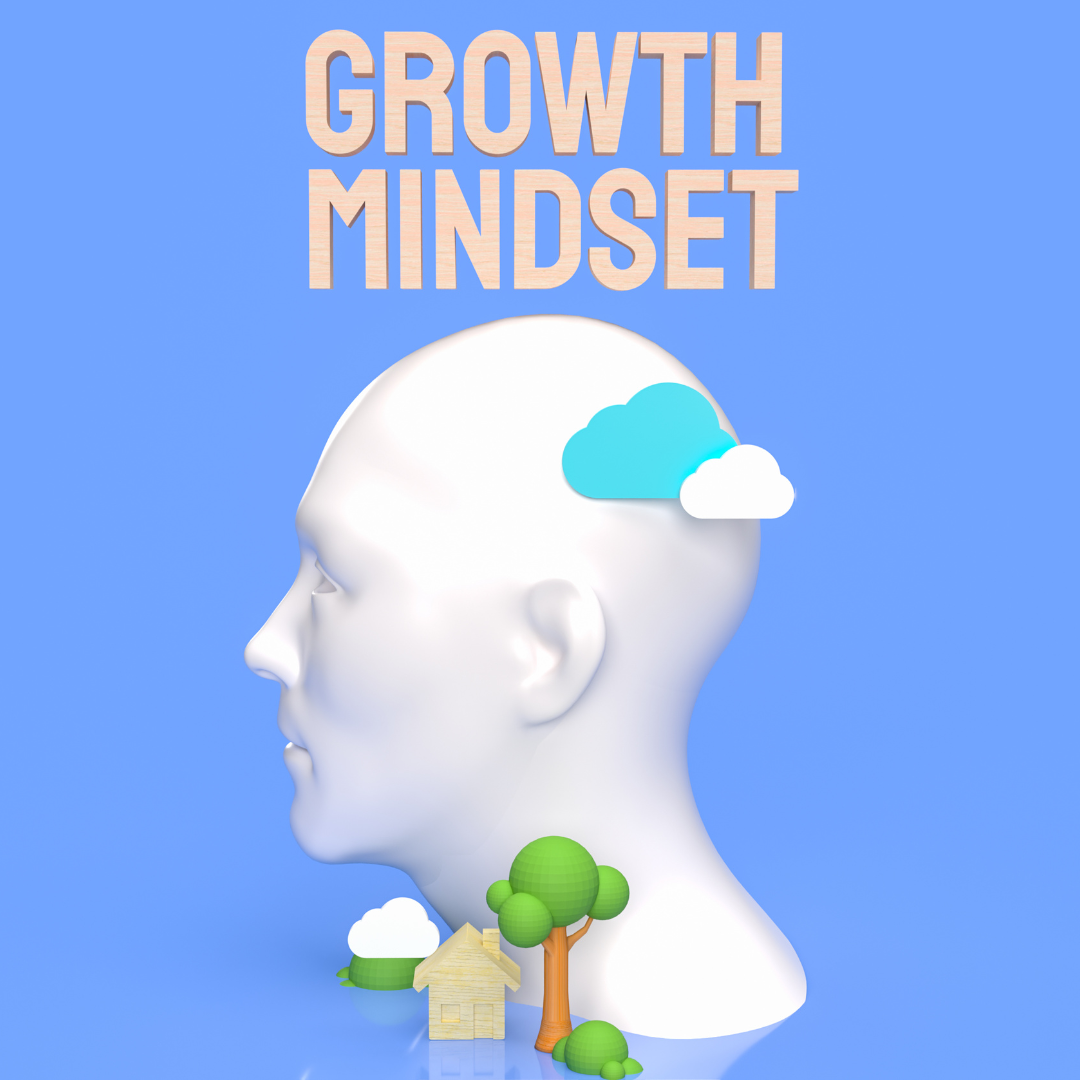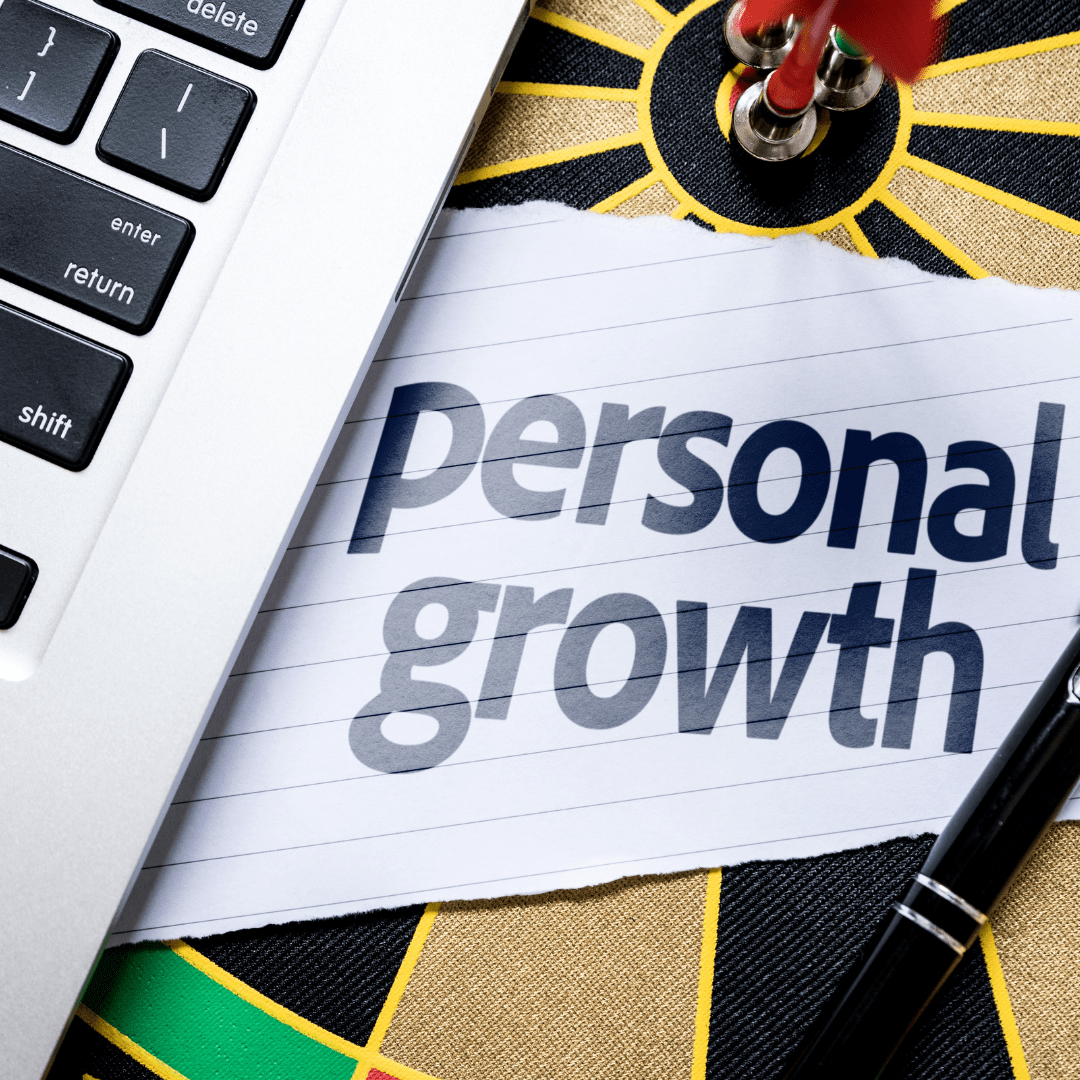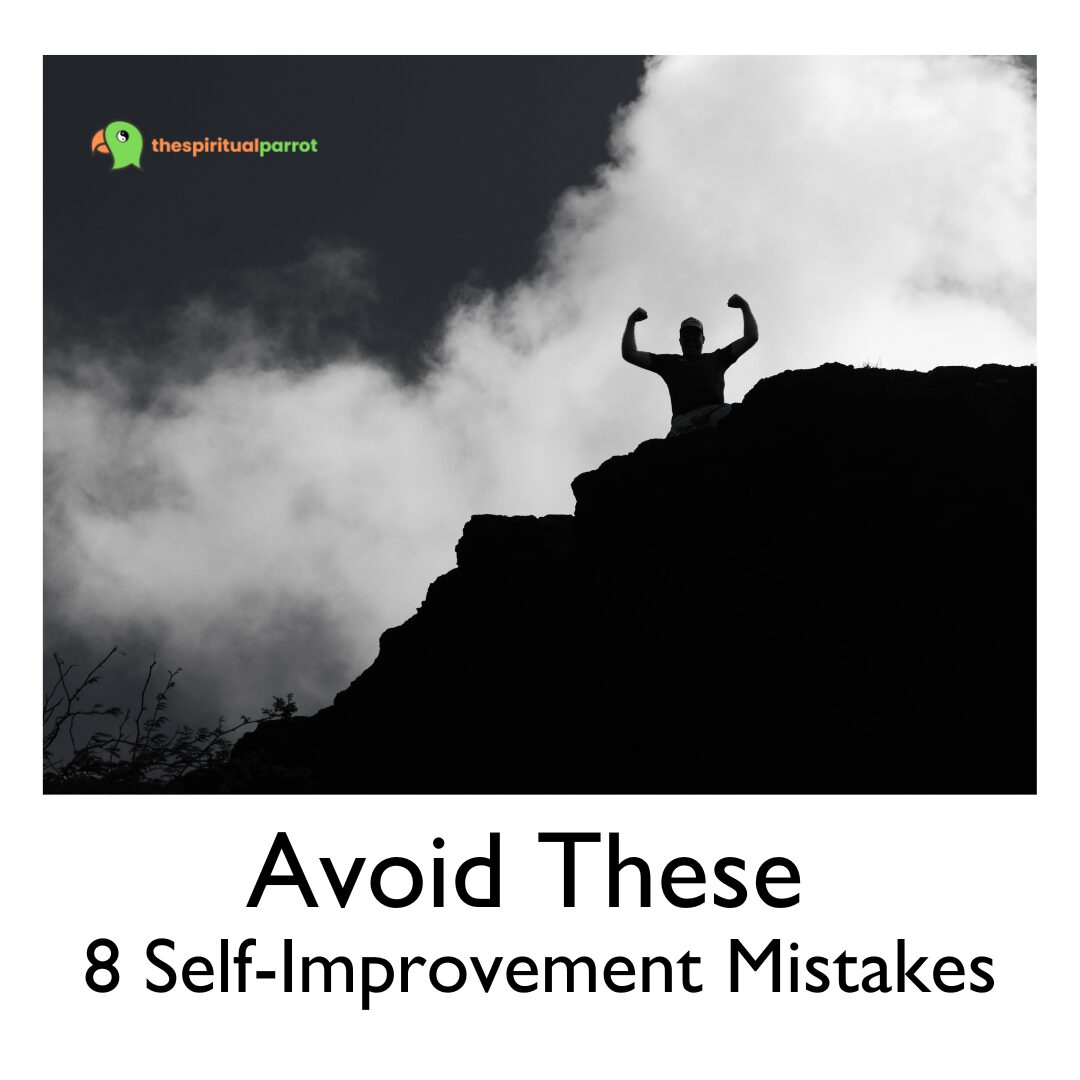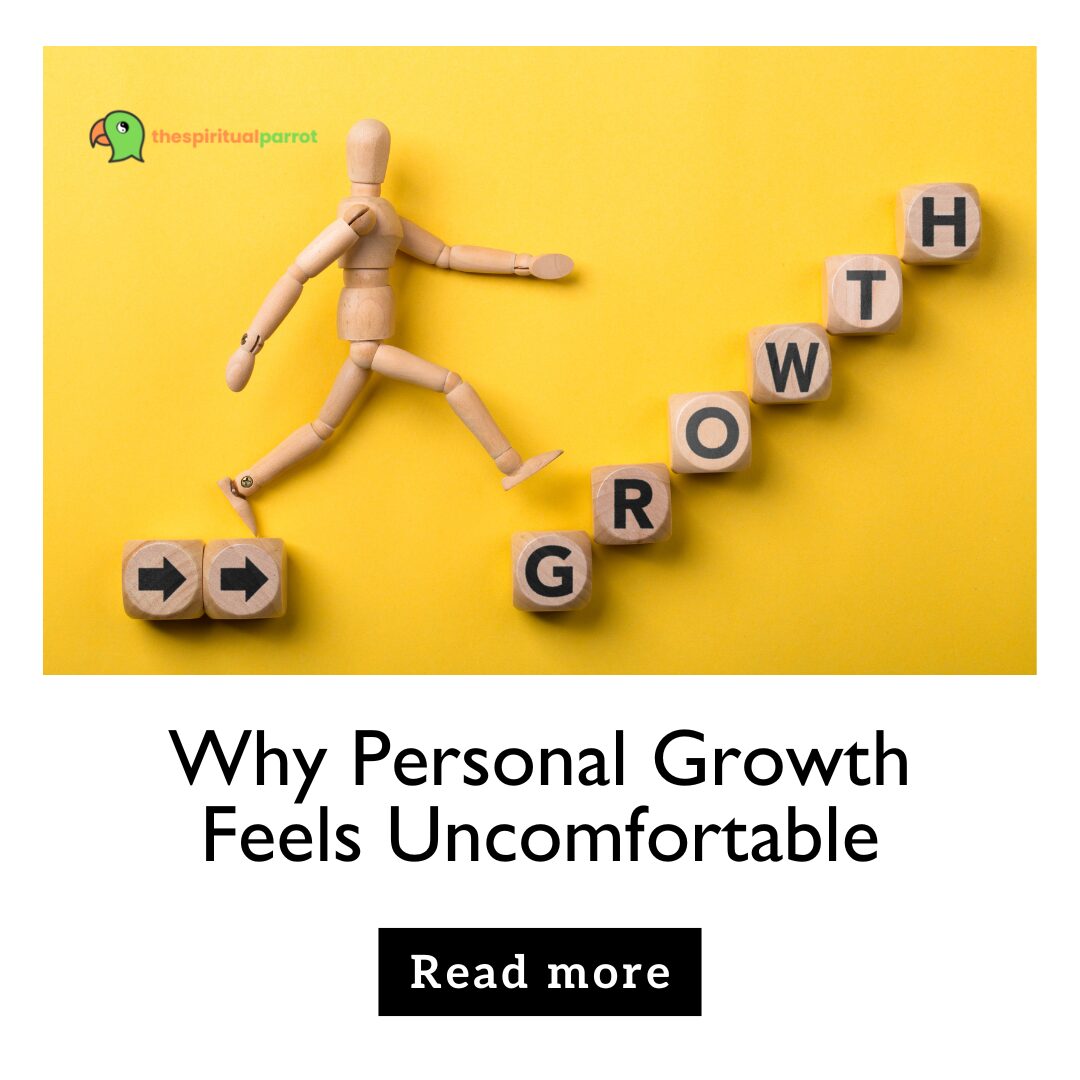- Are you struggling to maintain a strong and healthy relationship with your partner? Do you ever wonder what the secret ingredient to a lasting bond is? The answer lies in communication, and our strong relationship tips are here to guide you towards achieving that. But first, let us ask you this: Have you ever considered how much better your relationship could be with improved communication skills?
Strong relationship tips focus on the importance of open, honest, and effective communication in building and maintaining a solid foundation for any relationship. In this article, we will discuss various ways to enhance communication with your partner, from active listening and expressing emotions clearly to understanding nonverbal cues and resolving conflicts constructively. By the end of this post, you will be well-equipped with practical advice to strengthen your bond with your significant other.
Don’t just take our word for it! Renowned relationship expert Dr. John Gottman, who has spent over 40 years researching couples, emphasizes the critical role of communication in fostering a thriving relationship. So, are you ready to dive into the world of strong relationship tips and revolutionize the way you connect with your partner? Keep reading to unlock the secrets of building better communication, and ultimately, a stronger and more satisfying relationship.
The Foundation of Strong Relationship: Tips on Communication Skills
The foundation of strong relationships lies in the art of communication, which requires finesse and tips to master language. To truly connect with others, one must be able to express oneself effectively and listen attentively to the thoughts and feelings of others. This ability to communicate effectively is essential in both personal and professional relationships, as it enables individuals to understand and respect each other’s perspectives, leading to a deeper sense of empathy and trust.
At its core, effective communication is about more than just conveying information; it’s about building rapport with those around us. The words we use, the tone we employ, and the body language we exhibit all contribute to the success of our communication. To truly master this skill, we must be willing to put in the time and effort to develop it. This requires not only a willingness to learn but also a willingness to practice and refine our skills over time.
The ability to communicate effectively is an essential component of building strong relationships. By mastering this skill, we can create deeper connections with others, leading to greater empathy, understanding, and trust. As a result, individuals who possess strong communication skills are well-equipped to navigate both personal and professional relationships with ease, making them an asset in any context.
The importance of active listening
Active listening is a communication skill that involves fully concentrating on what the speaker is saying and understanding their message from their point of view. It is an essential aspect of effective communication and building strong relationships.
Active listening requires more than just hearing the words that are being spoken. It involves paying attention to the speaker’s tone of voice, body language, and facial expressions to understand the meaning behind their words. It also involves asking questions and reflecting back on what the speaker has said to ensure that you have understood their message correctly.
By actively listening, you demonstrate respect for the speaker and show that you value their thoughts and opinions. This helps to build trust and rapport, which are crucial elements in building strong relationships. When people feel heard and understood, they are more likely to open up and share their feelings and ideas.
In addition to building relationships, active listening can also help to prevent misunderstandings and conflicts. When you listen actively, you are less likely to make assumptions or jump to conclusions, which can lead to miscommunication and disagreements. By understanding the speaker’s perspective, you can work together to find common ground and reach a mutually beneficial solution.
Active listening is one of the most important tips that play a crucial role in building strong relationships. It involves fully concentrating on the speaker’s message, understanding their point of view, and demonstrating respect for their thoughts and opinions. By actively listening, you can build trust, prevent misunderstandings, and work together to find common ground.
Strong relationship tips for expressing oneself clearly
The ability to express oneself clearly is a valuable skill that can help you communicate your thoughts and feelings effectively. Here are some tips to help you express yourself clearly:
- Be concise: Try to convey your message in as few words as possible. Avoid using complex language or convoluted sentences that may confuse your audience.
- Use active voice: Using the active voice makes your sentences more direct and clear. Instead of saying “The ball was kicked by John,” say “John kicked the ball.”
- Be specific: Use precise language to convey your meaning. Instead of saying “The party was fun,” say “The party was lively and entertaining.”
- Listen actively: Effective communication is a two-way process. Be attentive to your audience and listen carefully to their responses.
- Use nonverbal communication: Nonverbal cues such as facial expressions and body language can reinforce your message and help your audience understand your intent.
- Use examples: Use examples or analogies to clarify your points and make them more relatable.
- Avoid jargon: Unless you’re speaking to a specific audience that understands the jargon, try to avoid using technical terms or jargon that may confuse your audience.
- Practice: Practice expressing yourself clearly in different contexts. This will help you build confidence and refine your communication skills.
By following these tips, you can improve your ability to express yourself clearly and avoid misunderstandings.
Nonverbal Communication: The unsung hero
Nonverbal communication, which includes body language, tone, and facial expressions, plays a significant role in building and maintaining strong relationships. While verbal communication allows us to convey our thoughts and ideas, nonverbal communication provides additional layers of meaning, depth, and context that enrich our interactions with others.
Body language, for example, can communicate a wide range of emotions and intentions, such as confidence, openness, trust, and receptiveness. It can also convey discomfort, nervousness, and defensiveness. For instance, leaning in, maintaining eye contact, and smiling can communicate interest, attentiveness, and warmth, while crossing one’s arms, looking away, or fidgeting can signal defensiveness, discomfort, or disinterest.
Similarly, tone of voice can have a profound impact on how we perceive and respond to others. A friendly and warm tone can help establish rapport and build trust, while a harsh or condescending tone can create tension, resentment, and hostility. In addition, tone can convey important nuances of meaning, such as sarcasm, irony, enthusiasm, or sympathy, which can enrich our communication and deepen our connection with others.
Facial expressions are also a powerful form of nonverbal communication, which can communicate a wide range of emotions, such as happiness, sadness, anger, or surprise. Moreover, facial expressions can influence the emotional state of others and elicit corresponding responses. For instance, a smile can generate positive emotions and help create a pleasant atmosphere, while a frown can convey displeasure or frustration and dampen the mood.
Nonverbal communication is an essential component of strong relationships. By paying attention to our body language, tone, and facial expressions, we can communicate our intentions, emotions, and attitudes more effectively and build deeper connections with others. Moreover, by being mindful of others’ nonverbal cues, we can better understand their feelings and needs, and respond in ways that foster trust, respect, and empathy.
Conflict Resolution: A Crucial Tip for Strong Relationship
Conflict resolution is an essential skill for building and maintaining strong relationships. Conflicts are inevitable in any relationship, whether it’s personal or professional. However, it’s not the conflict itself that determines the strength of the relationship, but rather how it’s resolved.
The ability to resolve conflicts effectively requires good communication skills, empathy, and a willingness to compromise. When conflicts arise, it’s important to listen to the other person’s perspective and try to understand their point of view. Avoid blaming or attacking the other person, and instead, focus on finding a solution that works for both parties.
One key to successful conflict resolution is to separate the problem from the person. It’s easy to become emotional and take things personally when conflicts arise, but this only makes it harder to find a solution. Instead, try to focus on the problem itself and work together to find a solution that addresses both parties’ concerns.
Another important aspect of conflict resolution is being willing to make compromises. Both parties may not get everything they want, but finding a middle ground that satisfies everyone is often the key to resolving conflicts.
Conflict resolution is a crucial element for building strong relationships. By communicating effectively, empathizing with the other person, separating the problem from the person, and being willing to compromise, conflicts can be resolved in a way that strengthens the relationship rather than damaging it.
Understanding the root of conflicts
Conflicts and disagreements can arise due to various reasons, including differences in opinions, values, beliefs, and perceptions. Sometimes, conflicts can also be a result of miscommunication or a lack of understanding between individuals or groups.
One common cause of disagreements is the lack of clarity in communication. When people do not express their thoughts and ideas clearly, it can lead to misunderstandings and misinterpretations. This can further escalate into conflicts if one person feels that they have been misrepresented or not understood.
Another common cause of conflicts is the difference in values and beliefs. When people hold strongly to their beliefs and opinions, they may find it difficult to understand or accept the views of others. This can lead to clashes and disputes that can be challenging to resolve.
Furthermore, conflicts can also arise due to power struggles, competition for resources, and cultural or social differences. In such cases, better communication can help to bridge the gap and find common ground.
To improve communication and reduce conflicts, individuals and groups can take various measures. Active listening, expressing oneself clearly, and seeking to understand the other person’s perspective are some effective ways to enhance communication. It is also crucial to remain open-minded and respectful of other’s beliefs and opinions, even if they differ from our own.
Understanding the root causes of conflicts is essential to resolve disagreements effectively. By improving communication, individuals and groups can minimize conflicts and work towards finding mutually beneficial solutions.
The power of empathy in resolving disputes
Empathy is the ability to understand and share the feelings of others. When it comes to resolving disputes with a partner, empathy can be a powerful tool. Empathizing with your partner’s perspective means that you are able to put yourself in their shoes and see things from their point of view. This can lead to better outcomes in several ways.
Firstly, empathy can help you to de-escalate a conflict. When you empathize with your partner, you show that you are willing to listen and understand their point of view. This can help to defuse the tension in a conflict and create a more positive atmosphere for resolving the dispute.
Secondly, empathy can help you to find common ground. When you understand your partner’s perspective, you may be able to identify areas of agreement or compromise. This can help you to work together to find a solution that satisfies both of your needs.
Thirdly, empathy can help you to communicate more effectively. When you empathize with your partner, you are more likely to listen actively and respond thoughtfully. This can help to prevent misunderstandings and promote a more productive conversation.
In short, empathy is a powerful tool for resolving disputes with a partner. By empathizing with your partner’s perspective, you can de-escalate conflicts, find common ground, and communicate more effectively. This can lead to better outcomes and a stronger, healthier relationship.
Constructive communication techniques for conflict resolution
Effective communication is crucial for resolving conflicts in a constructive manner. Here are some techniques that can help facilitate productive communication and conflict resolution:
Active listening
Pay close attention to the other person’s perspective and avoid interrupting them. Reflect on what they are saying to ensure that you understand their point of view. Paraphrase what they have said to ensure you have understood correctly.
Empathy
Try to see the situation from the other person’s perspective. Put yourself in their shoes and understand their feelings and emotions. This will help you to be more compassionate and to communicate in a non-judgmental way.
“I” statements
Use “I” statements instead of “you” statements. For example, say “I feel upset when you do X” instead of “You always make me upset when you do X.” This helps to avoid blaming the other person and instead focuses on how you are feeling.
Use a neutral tone
Keep your tone neutral and avoid using a harsh or accusatory tone. This can help to de-escalate the situation and promote a more productive conversation.
Find common ground
Look for areas of agreement and build on those. This can help to establish a foundation for the conversation and can help to build trust between the parties.
Avoid making assumptions
Don’t assume you know what the other person is thinking or feeling. Instead, ask questions to clarify their perspective.
Brainstorm solutions together
Work together to find solutions that work for both parties. This can help to create a sense of teamwork and promote a positive outcome.
Take a break if necessary
If the conversation becomes too heated, it may be necessary to take a break and come back to the conversation later. This can help to prevent the situation from escalating and give both parties time to cool down and reflect.
By utilizing these techniques, you can promote healthy communication and resolve conflicts in a constructive manner.
Strengthening Emotional Connections: Strong Relationship Tips
Building and maintaining emotional connections is crucial for creating and sustaining strong relationships. Here are some tips to strengthen emotional connections in your relationships:
Practice active listening
Listening is one of the most important aspects of building emotional connections. It is crucial to pay attention to your partner’s feelings, thoughts, and needs. Active listening involves giving your partner your full attention and responding to what they are saying with empathy and understanding.
Express gratitude
Expressing gratitude towards your partner is a great way to strengthen emotional connections. It helps your partner feel appreciated and valued, which can increase their feelings of love and affection towards you. You can express gratitude in many ways, such as saying thank you, doing small acts of kindness, or writing a note of appreciation.
Share your thoughts and feelings
Sharing your thoughts and feelings with your partner is essential to building emotional connections. It helps your partner understand you better and creates a sense of vulnerability and trust. Try to be open and honest about your emotions, and encourage your partner to do the same.
Make time for quality time
Spending quality time together is essential to building emotional connections. It helps you create new memories, share experiences, and deepen your bond. Make time for date nights, weekend getaways, or simply spending time together at home.
Practice forgiveness
Forgiveness is crucial in any relationship. Holding grudges or resentment can damage emotional connections and create distance between partners. Practice forgiveness by letting go of past hurts and focusing on moving forward together.
Overall, building and maintaining emotional connections takes time and effort, but it is well worth it. By practicing active listening, expressing gratitude, sharing your thoughts and feelings, making time for quality time, and practicing forgiveness, you can strengthen the emotional connections in your relationships and create a stronger, more loving bond with your partner.
Regular check-ins tips to maintain open communication for a strong relationship
Regular check-ins with your partner can be a powerful way to maintain open communication and strengthen your relationship over time. Here are some tips on how to make the most of your check-ins:
Schedule check-ins
Set aside time each week or month to talk with your partner. This can help ensure that you have dedicated time to discuss any issues that may have arisen and to check in with one another.
Be present
When you’re having a check-in with your partner, make sure you’re fully present and engaged. Put away distractions like your phone or computer, and give your partner your full attention.
Listen actively
When your partner is speaking, make sure you’re really listening. Repeat back what you’ve heard to make sure you’ve understood their perspective, and avoid interrupting or jumping to conclusions.
Share openly
When it’s your turn to speak, be honest and open about how you’re feeling. Share your thoughts and emotions in a way that’s clear and respectful, and be open to feedback from your partner.
Problem-solve together
If there are any issues that come up during your check-in, try to problem-solve together. Brainstorm possible solutions and work together to find a resolution that works for both of you.
By routinely discussing your feelings and thoughts with your partner, you can reap a number of benefits. First and foremost, regular communication can help you build a stronger connection with your partner over time. When you’re open and honest with one another, you’ll feel more connected and supported in your relationship.
Regular check-ins can also help you avoid misunderstandings or conflicts down the line. By addressing any issues as they arise, you can prevent them from escalating into bigger problems that are harder to resolve.
In addition, regular communication can help you learn more about your partner and their needs and desires. This can help you build a more fulfilling and satisfying relationship over time, as you both work together to create a shared vision for your future.
Creating a safe space for Vulnerability
Creating a safe space for vulnerability is essential for any healthy relationship. When both partners feel comfortable expressing themselves, they can build a deeper connection and foster emotional intimacy. Here are some strong relationship tips for fostering an environment where both partners feel safe to be vulnerable:
- Practice active listening: When your partner is opening up to you, give them your full attention. Put away distractions, make eye contact, and show empathy. Paraphrase what they’ve said to ensure you understand them correctly, and ask follow-up questions to show that you’re engaged.
- Avoid judgment: Remember that vulnerability takes courage, and it’s essential to be non-judgmental when your partner shares something with you. Avoid criticizing or dismissing their feelings, and instead, offer validation and support.
- Respect boundaries: Everyone has their own comfort levels when it comes to vulnerability. It’s crucial to respect your partner’s boundaries and not push them to share more than they’re comfortable with. Let them know that you’re available if they want to talk, but don’t pressure them.
- Be vulnerable yourself: If you want your partner to feel safe sharing their emotions with you, it’s essential to lead by example. Share your own feelings and experiences with them, and show that vulnerability is something to be embraced, not feared.
- Celebrate vulnerability: When your partner shares something vulnerable with you, celebrate it! Express gratitude that they trusted you enough to share, and let them know that you appreciate their openness.
By creating a safe space for vulnerability, you can deepen your connection with your partner and build a stronger relationship based on trust and understanding.
The role of communication in supporting your partner’s growth
Open communication plays a crucial role in supporting your partner’s growth and strengthening your relationship. When you are open and honest with your partner, you create a safe space for both individuals to express their feelings, thoughts, and needs. This can lead to deeper understanding, empathy, and connection between partners.
When partners communicate openly, they can work together to identify areas where growth is needed. They can discuss their goals and aspirations, and support each other in achieving them. This can help both individuals grow individually and as a couple.
Open communication also allows partners to address conflicts and challenges as they arise. By communicating openly, partners can work together to find solutions and overcome obstacles. This can lead to greater resilience and stronger bonds between partners.
In addition, open communication fosters a sense of trust and intimacy in the relationship. When partners feel comfortable sharing their thoughts and feelings with each other, they are more likely to feel understood and validated. This can create a deep sense of emotional closeness and strengthen the bond between partners.
Open communication is essential in supporting your partner’s growth and strengthening your relationship. By creating a safe space for both individuals to express themselves, working together to identify areas of growth, addressing conflicts and challenges, and fostering trust and intimacy, partners can grow together and create a strong and lasting relationship.
Strong Relationship Tips for Building Trust Through Communication
Building a strong and trusting relationship requires effective communication between partners. Here are some strong relationship tips for improving communication in your relationship and building trust:
- Listen actively: Listening actively means paying attention to your partner and engaging with them when they speak. This includes maintaining eye contact, nodding, and asking questions to show that you understand what they’re saying.
- Be honest: Honesty is crucial for building trust in a relationship. Be open and transparent with your partner about your thoughts, feelings, and actions. If you make a mistake, own up to it and apologize.
- Communicate clearly: Misunderstandings often arise when communication is unclear. Be specific and concise in your communication, and avoid using vague or ambiguous language.
- Practice empathy: Empathy is the ability to understand and share the feelings of others. Put yourself in your partner’s shoes and try to see things from their perspective. This will help you communicate more effectively and build a deeper connection.
- Avoid blame and criticism: Blaming and criticizing your partner can lead to defensiveness and resentment. Instead, focus on expressing your own feelings and needs in a non-judgmental way.
- Express appreciation: Expressing gratitude and appreciation for your partner can strengthen your bond and build trust. Take time to acknowledge the things your partner does that you appreciate, and be specific about what you value about them.
- Keep communication consistent: Regular communication is essential for building trust in a relationship. Make an effort to check in with your partner regularly, and make time to talk about important issues and concerns.
By following these tips, you can improve communication in your relationship and build a strong foundation of trust. Remember that building trust takes time and effort, but the rewards are well worth it.
Honesty as the foundation of trust
Honesty is often considered to be the cornerstone of trust. Without honesty, it’s challenging to build strong and lasting relationships with others. When people are honest with each other, they establish a foundation of trust that allows them to feel secure and safe in their interactions.
Being honest means being truthful and transparent about one’s thoughts, feelings, and actions. It means speaking the truth even when it’s difficult or uncomfortable. When people are honest, they demonstrate integrity and show that they can be trusted to do what they say they will do.
In contrast, dishonesty can erode trust and damage relationships. When people are not truthful with each other, it can lead to misunderstandings, conflicts, and even betrayal. When someone is caught lying or deceiving others, it can be difficult to repair the damage done to the relationship.
Honesty is a critical aspect of building and maintaining trust in any relationship. When people are honest with each other, they create a foundation of trust that allows them to feel secure, confident, and valued in their interactions. Without honesty, relationships can suffer, and trust can be lost.
The significance of keeping promises
Keeping promises is an essential aspect of building and maintaining trust in any relationship. When we make a promise, we are essentially making a commitment to do something or behave in a certain way, and the other person is counting on us to follow through.
Consistently fulfilling our promises demonstrates that we are reliable and dependable, which builds trust over time. When we keep our word, we demonstrate that we are trustworthy, and this helps to establish a sense of security and stability in the relationship.
On the other hand, failing to follow through on commitments can erode trust and damage the relationship. When we break promises, we send a message that our word cannot be trusted, which can lead to feelings of disappointment, frustration, and even betrayal.
Therefore, it is crucial to be mindful of the promises we make and to take them seriously. If we are unable to fulfil a promise, it is important to communicate this as soon as possible and work together to find a solution that is acceptable to both parties.
Keeping promises is a vital component of building and maintaining trust in any relationship. By consistently following through on commitments, we demonstrate our reliability and dependability, which can help to establish a strong foundation of trust and mutual respect.
Communicating expectations and boundaries
Effective communication of expectations and boundaries is crucial for maintaining healthy relationships, whether it be with friends, family, or romantic partners. Here are some strong relationship tips for discussing and respecting each other’s limits and desires:
- Be clear and specific: When communicating your expectations and boundaries, be clear and specific about what you want and need. Avoid vague statements that could be interpreted in different ways.
- Use “I” statements: Start your sentences with “I” instead of “you” when discussing your expectations and boundaries. For example, instead of saying “You always interrupt me,” say “I feel frustrated when I am interrupted.”
- Listen actively: When the other person is communicating their expectations and boundaries, make sure to actively listen to them. Ask questions to clarify if you need to and avoid interrupting.
- Be respectful: Show respect for the other person’s feelings and opinions, even if you do not agree with them. Avoid using a judgmental or confrontational tone.
- Compromise: If your expectations or boundaries conflict with the other person’s, look for ways to compromise. Try to find a solution that meets both of your needs.
- Follow through: Once you have communicated your expectations and boundaries, make sure to follow through on them. This shows that you are serious about your needs and helps build trust in the relationship.
- Revisit the conversation: Expectations and boundaries can change over time, so it’s important to revisit the conversation periodically to make sure you are still on the same page.
Remember that effective communication of expectations and boundaries is an ongoing process. It takes practice and patience, but it is well worth the effort in the end.
Conclusion
In conclusion, strong relationship tips are centered around effective and open communication, which plays a vital role in nurturing and sustaining healthy and fulfilling relationships. By focusing on developing communication skills such as active listening, expressing oneself clearly, and understanding nonverbal cues, couples can foster deeper connections and prevent misunderstandings. Additionally, employing constructive conflict resolution techniques, creating emotional connections, and building trust through honest and transparent communication can significantly strengthen relationships.
Remember that the journey to better communication is an ongoing process, and it is essential to stay committed to growth and improvement. Keep practicing these strong relationship tips with your partner, and you’ll find your relationship blossoming as your communication skills improve. So, take these insights to heart and start applying them to your relationship today. The benefits you’ll reap are sure to make it worth the effort, and you’ll experience a more loving, supportive, and enduring bond with your significant other.












